Research and resources on social cohesion theory and best practice.
The Belong Network Library
Research and resources on social cohesion theory and best practice.
Research and resources on social cohesion theory and best practice.
Research and resources on social cohesion theory and best practice.
The Belong Library is free to access and brings together a wide range of online resources produced by the public, private and civil society sectors to build the evidence base around social cohesion.
It is regularly updated and includes:
Please contact us if you are unable to find what you need – we’d be delighted to help.
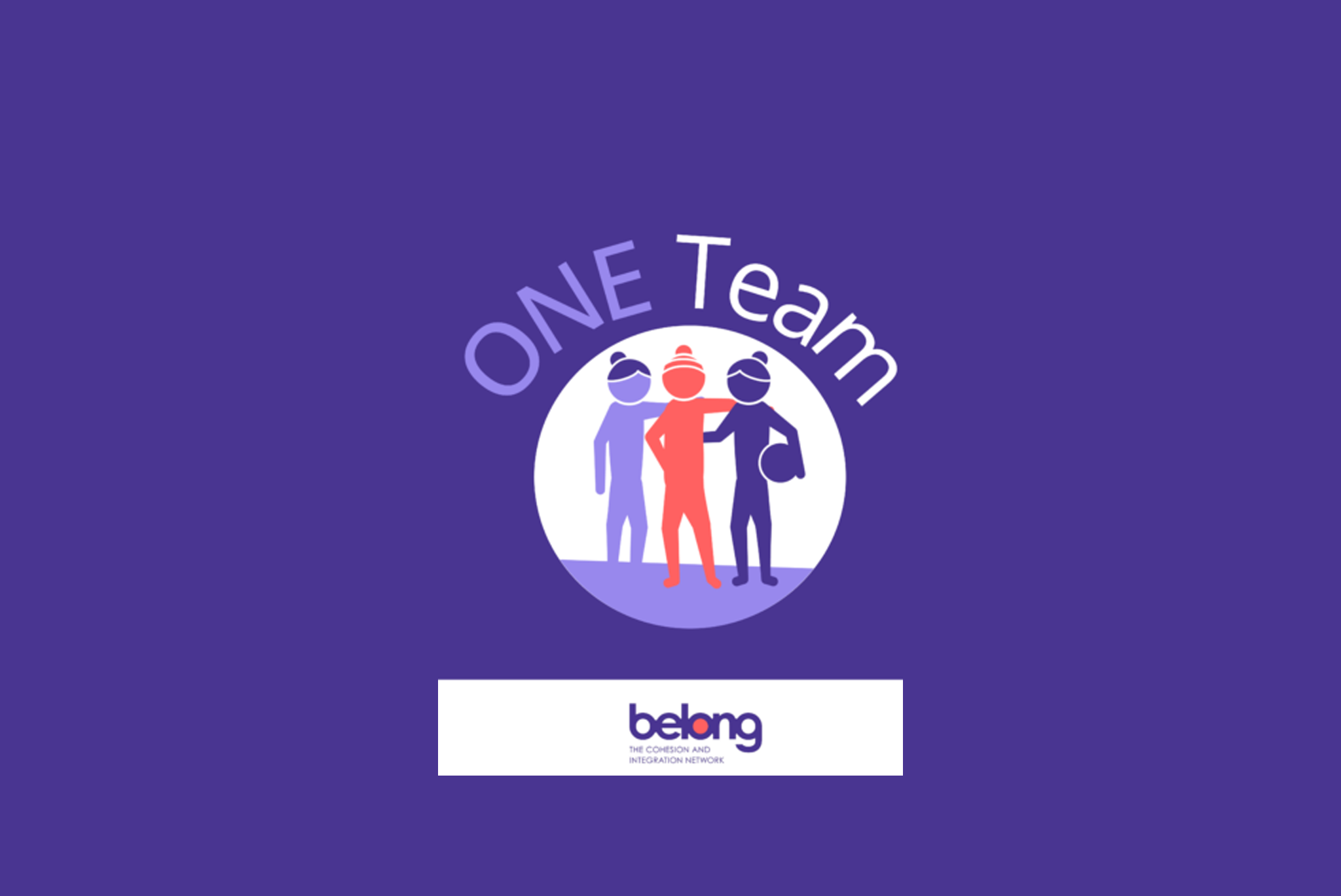
This webinar took place on Thursday 21 September 2023 and brought together over 150 participants from sports and physical activity organisations across the country.
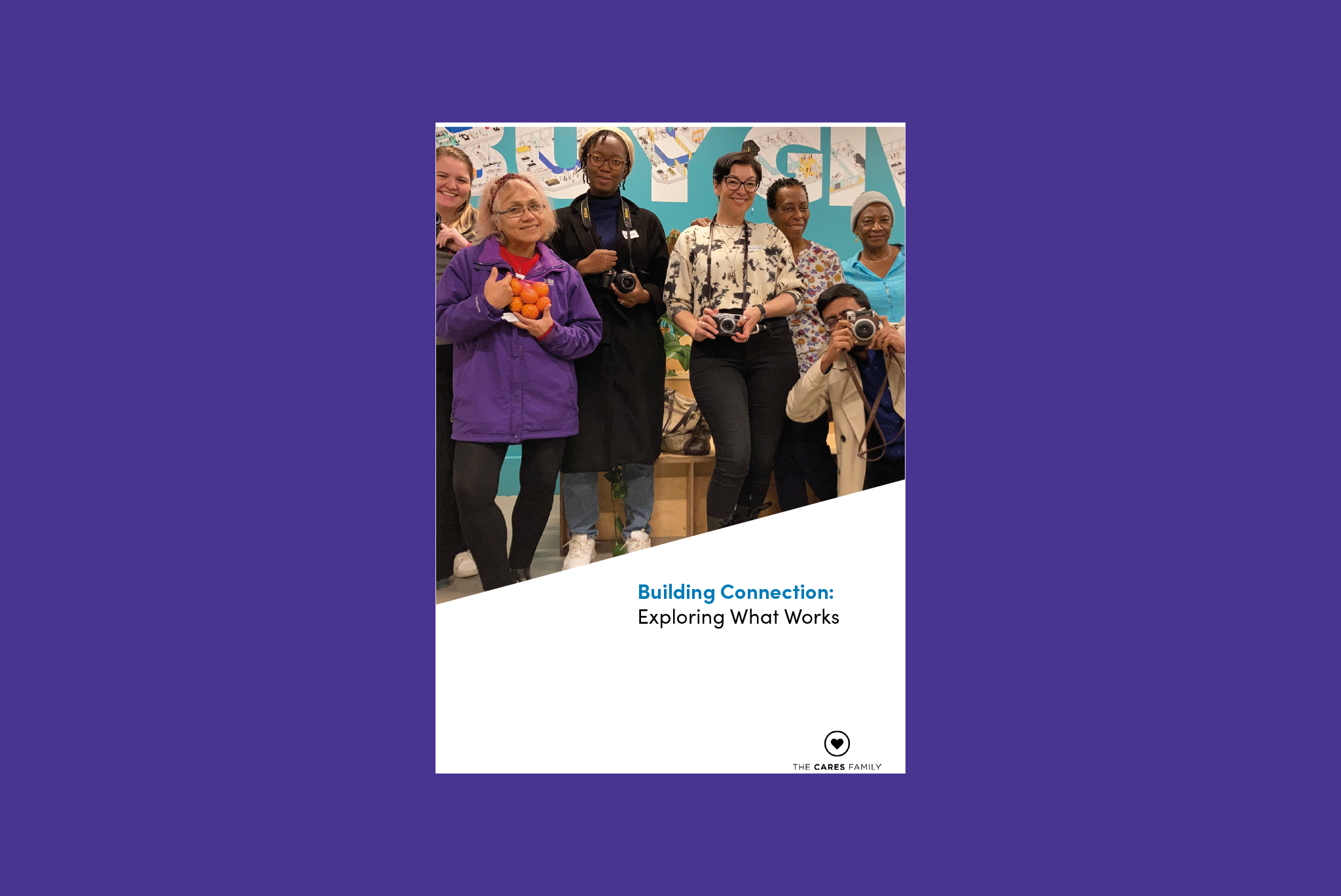
Building Connection: Exploring What Works explains the ten techniques that have helped The Cares Family charities bring together 26,000 older and younger people in London, Liverpool and Manchester over the past 12 years. It outlines why it takes time, skill, focus and intention to build meaningful social connection.
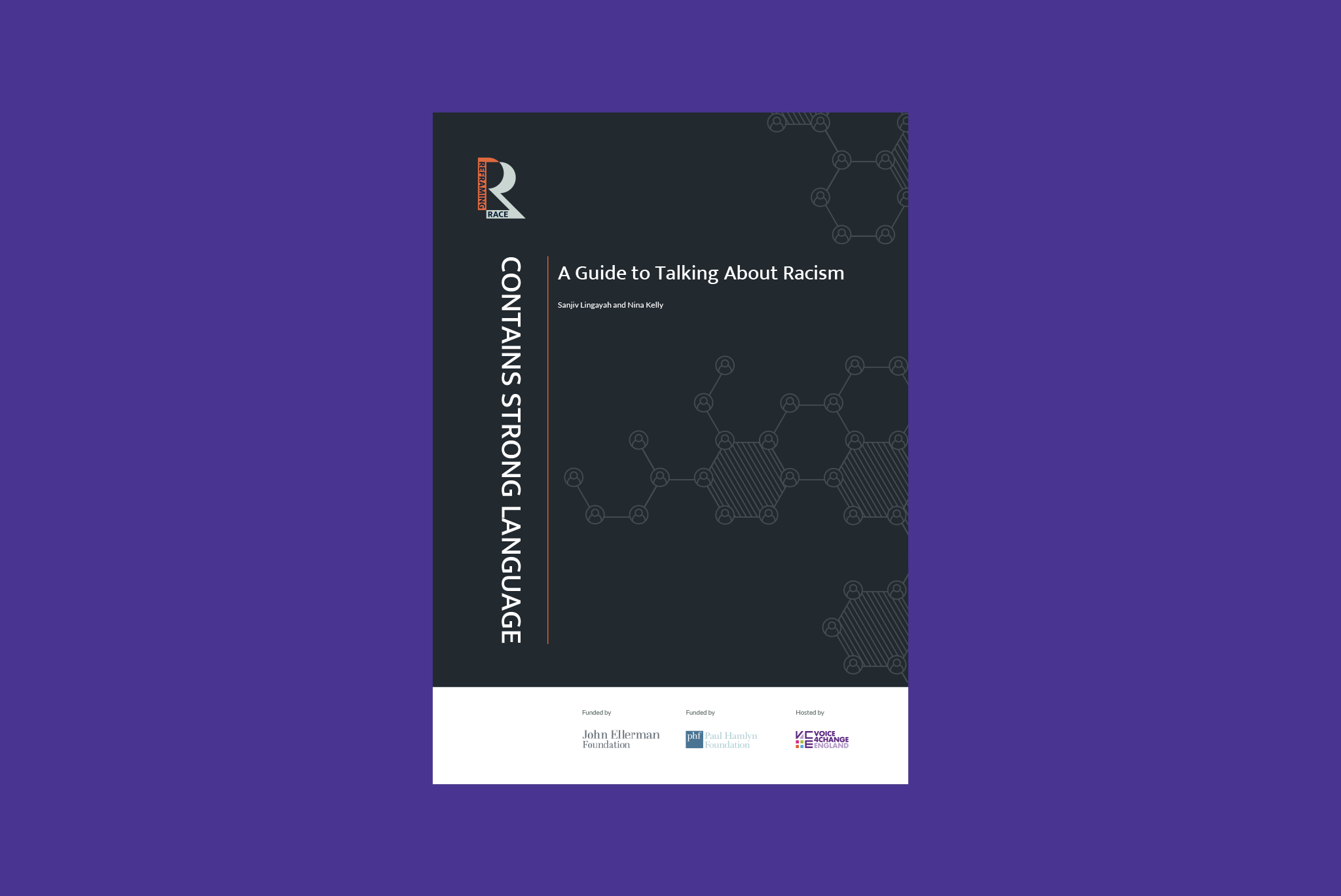
Advocates and campaigners continue their work to shift the public conversation on racism and to build demand for serious action for anti-racism, race equity and racial justice. This guidance, informed by a ground breaking 20,000-person study of public thinking and feelings on ‘race’ and racism, supports this vital advocacy and campaigning effort.
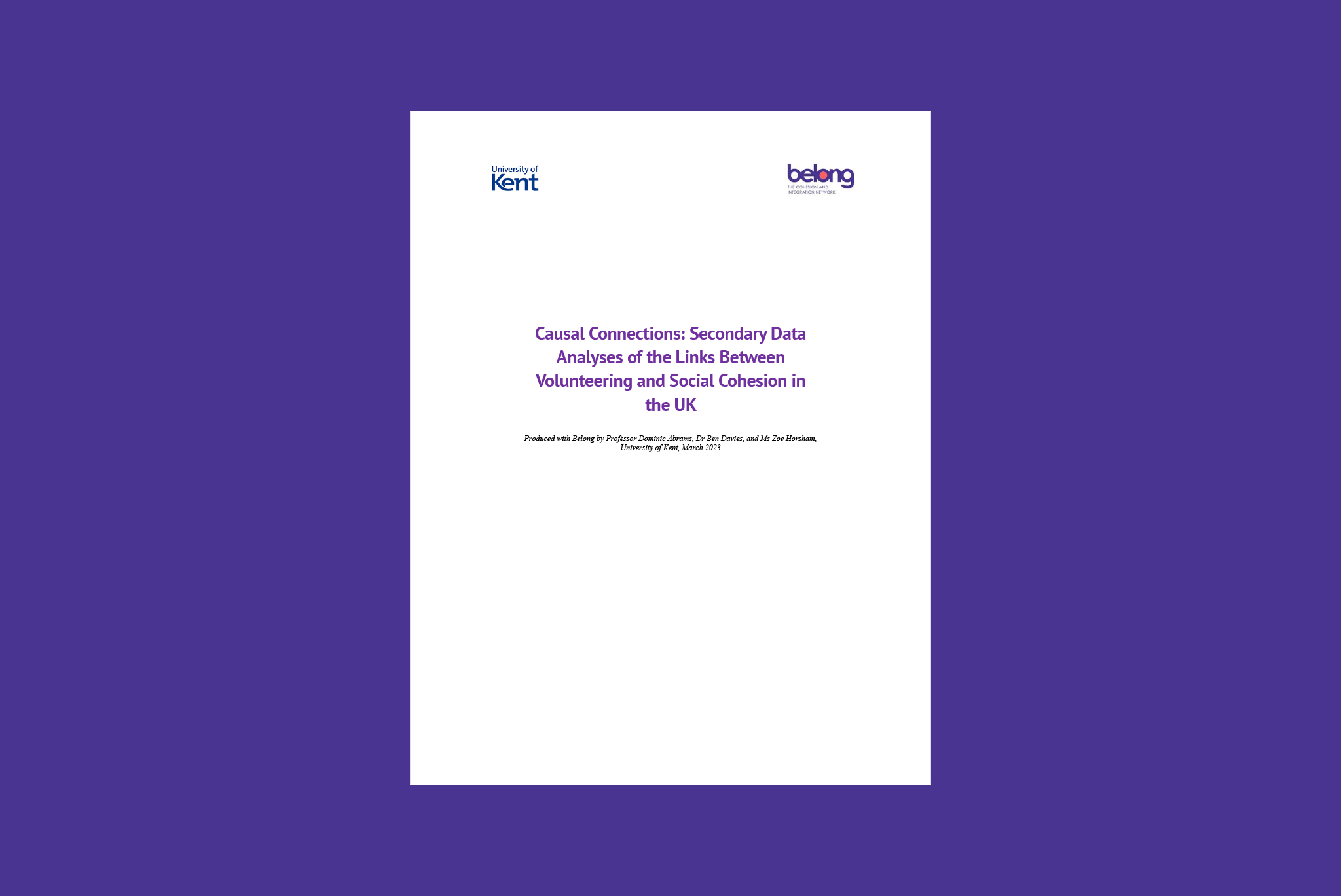
This report presents findings from analyses of three large-scale surveys assessing the relationship between social cohesion and volunteering, and the factors that may encourage or hinder them. The three surveys cover a combined total of approximately 77,000 respondents and cover time periods from 2014-2021.
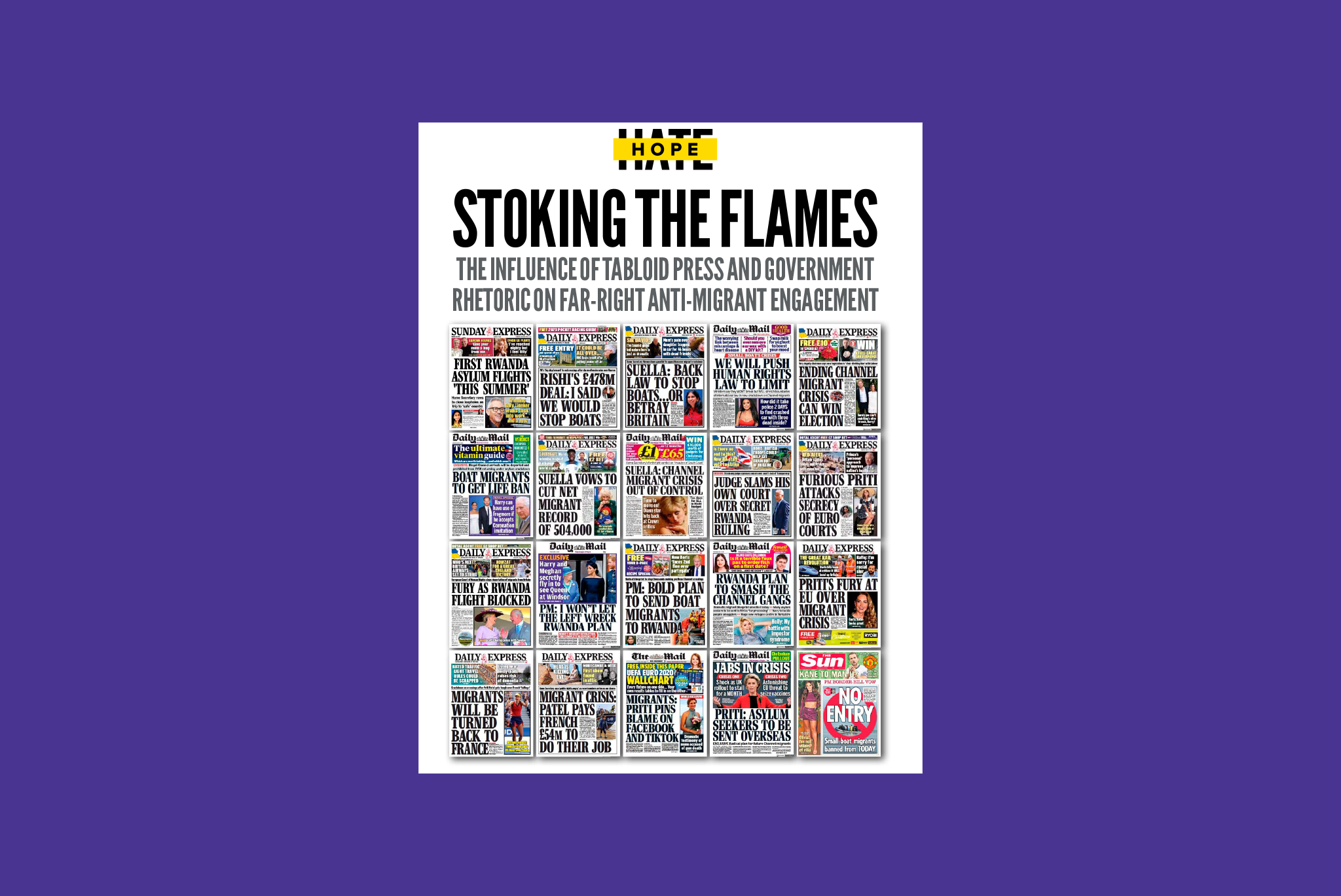
Far-right anti-migrant activity has been sharply rising in recent years. This report by Hope Not Hate demonstrates how the far-right’s revived interest in immigration and asylum over recent years has piggybacked on mainstream anti-migrant rhetoric and hostile policy proposals.
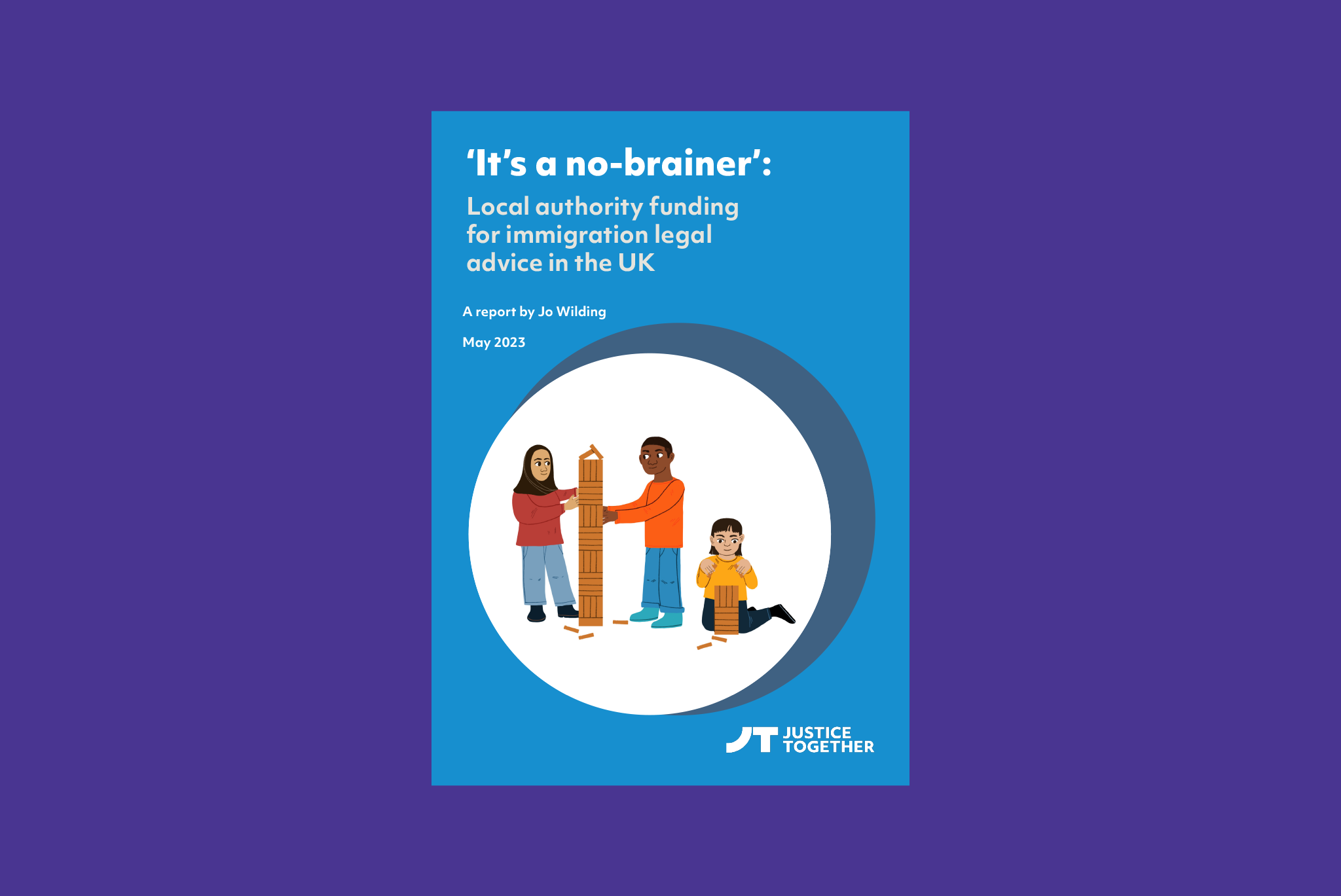
‘It’s a no-brainer’ finds there is a clear cost benefit in all of the local authority funded or commissioned immigration advice schemes that were examined in the report. It emphasises that it is far more costly to accommodate people who would be destitute than to pay for good quality legal advice, and leads to better community cohesion, better public health, and better economic outcomes.
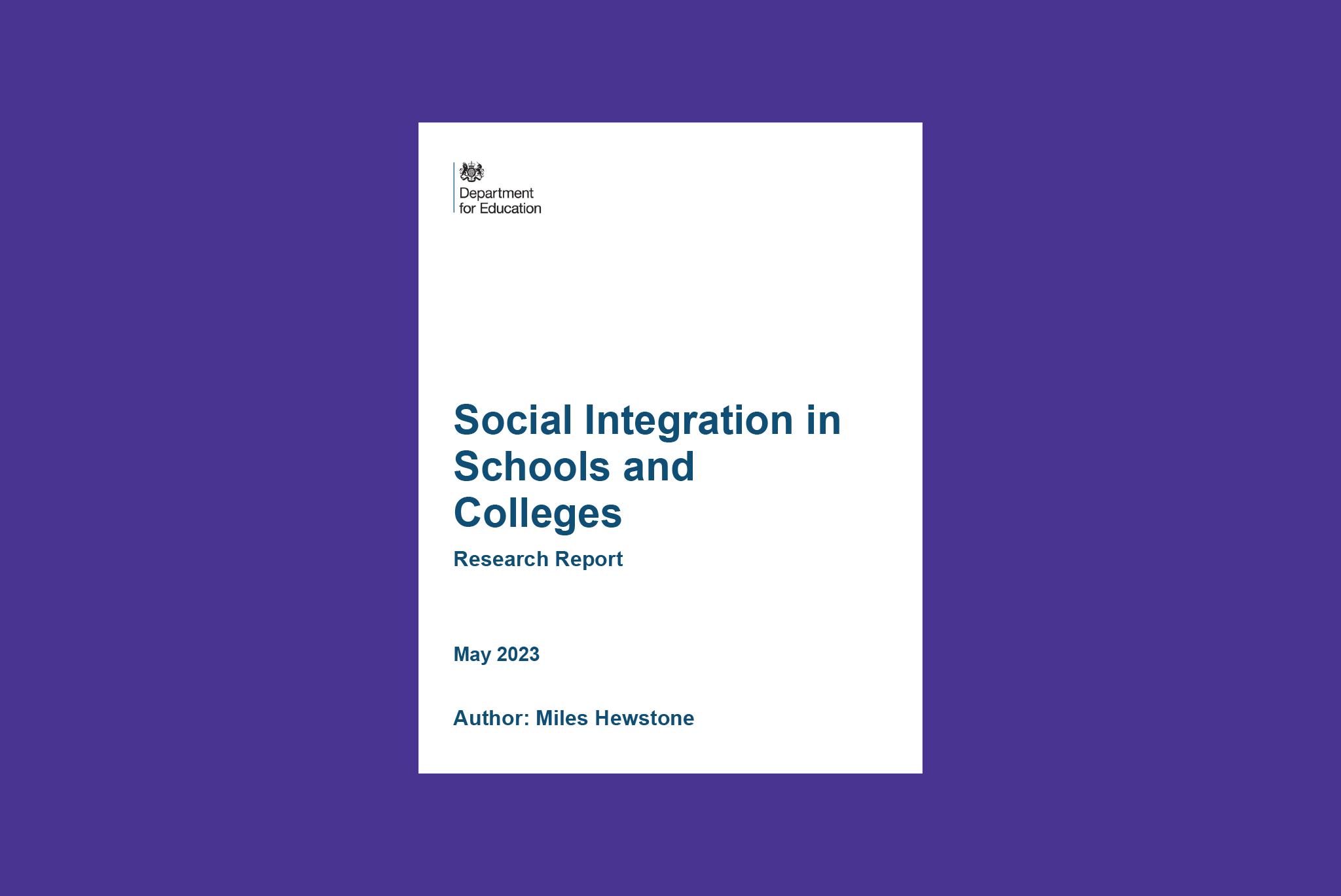
The Department for Education (DfE) commissioned this report to provide a resource on strategies that could help schools and teachers to promote social integration and community cohesion, simply defined as the development of positive relations between different social groups.
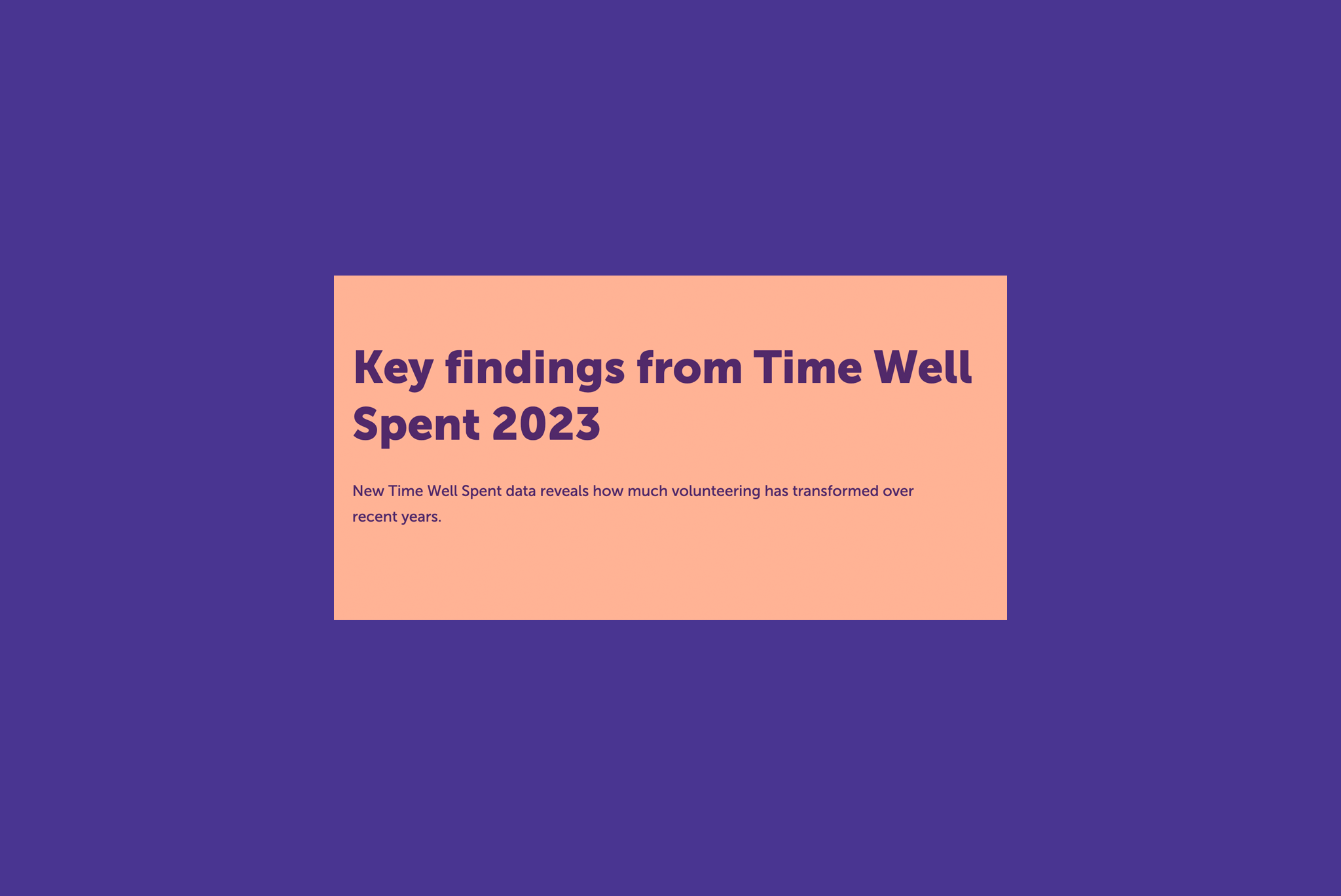
Time Well Spent data reveals how much volunteering has transformed over recent years. While there is much to be celebrated, it shows that there are still challenges equity, diversity and inclusion which all impact on social cohesion.
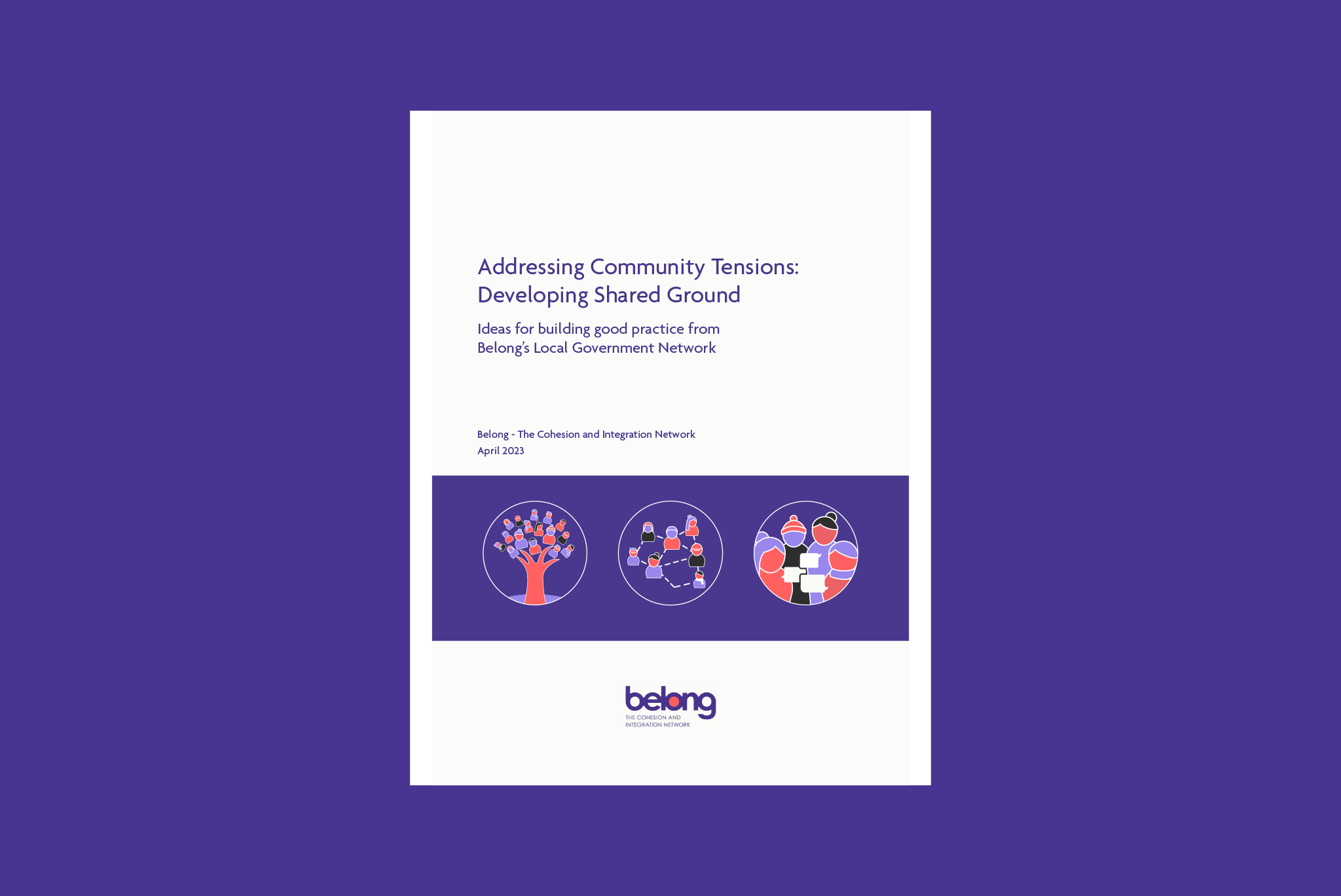
This is a short paper which the Belong Network has drawn together from in-depth conversations with the Belong Local Government Network, and a workshop on this subject undertaken with Belong Network local authority members and partner organisations in their wider networks. The paper highlights effective approaches and examples of good practice which members of the Belong Network are currently using – or steps which they are considering taking – to identify and respond to signs of community tension, and to nurture local resilience.
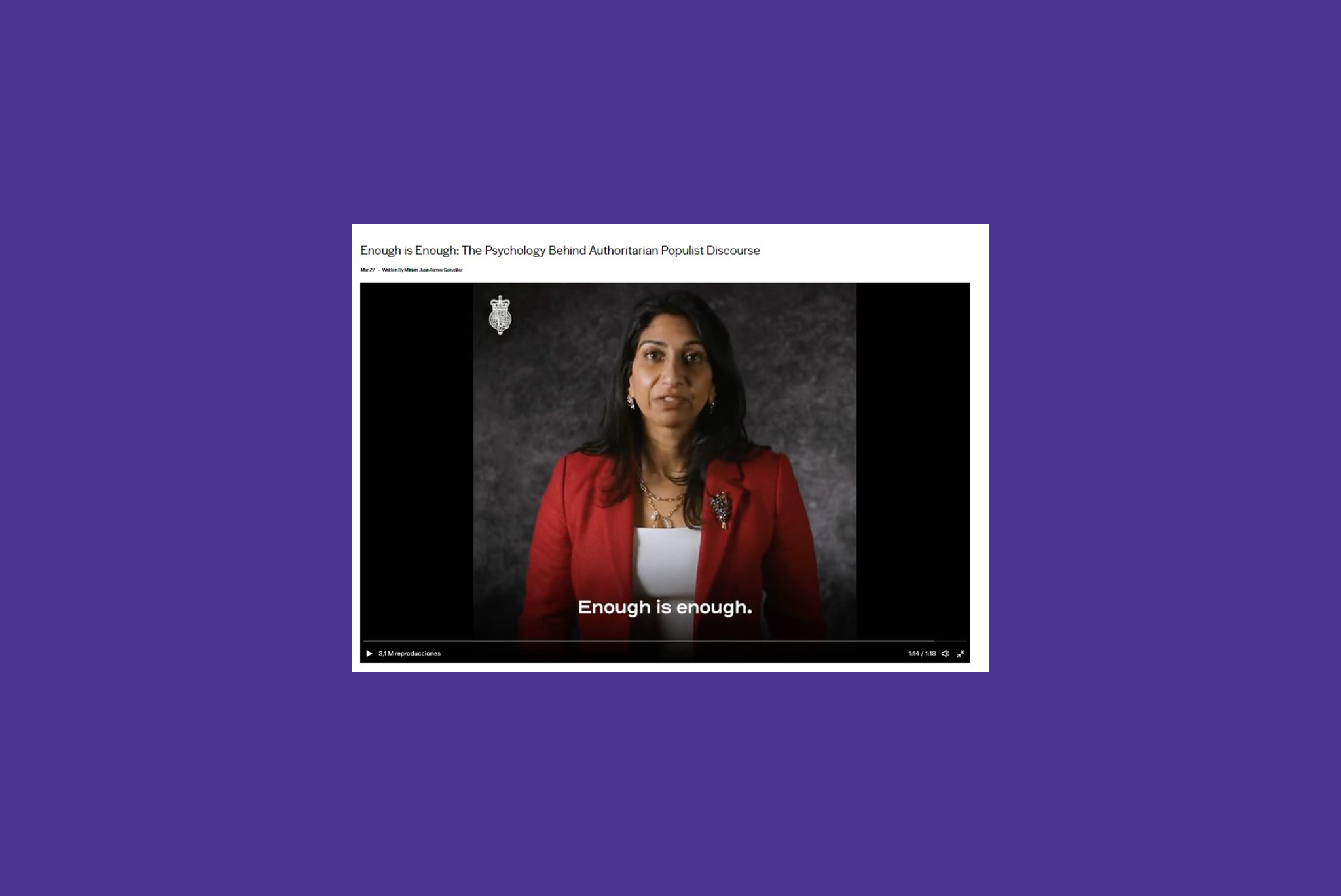
In recent years, political scientists, psychologists, and commentators have grown increasingly interested in the psychological theories that explain political and social attitudes. Moral Foundations Theory is a model that can help us to understand the current moment and build empathy for those who have a different worldview – wherever you stand.